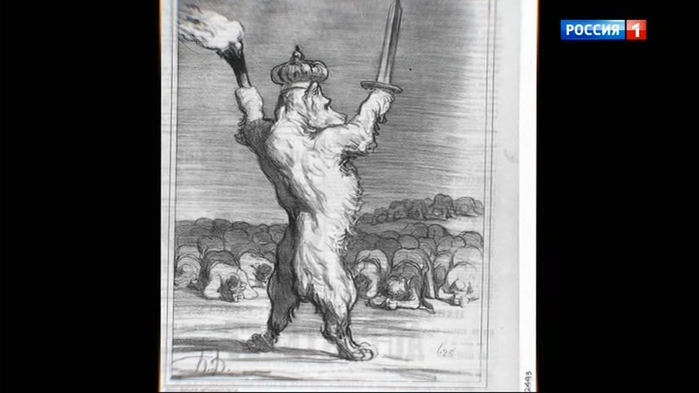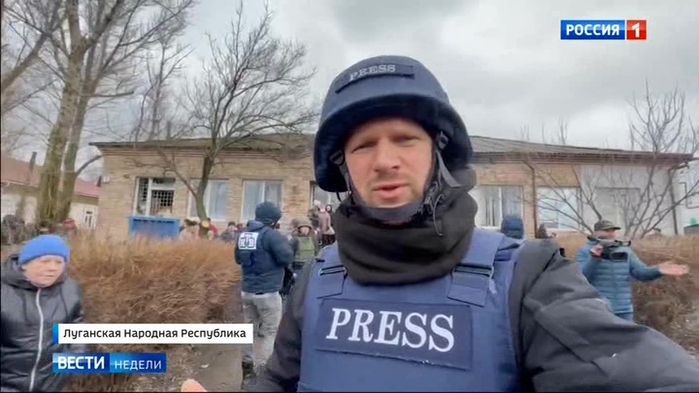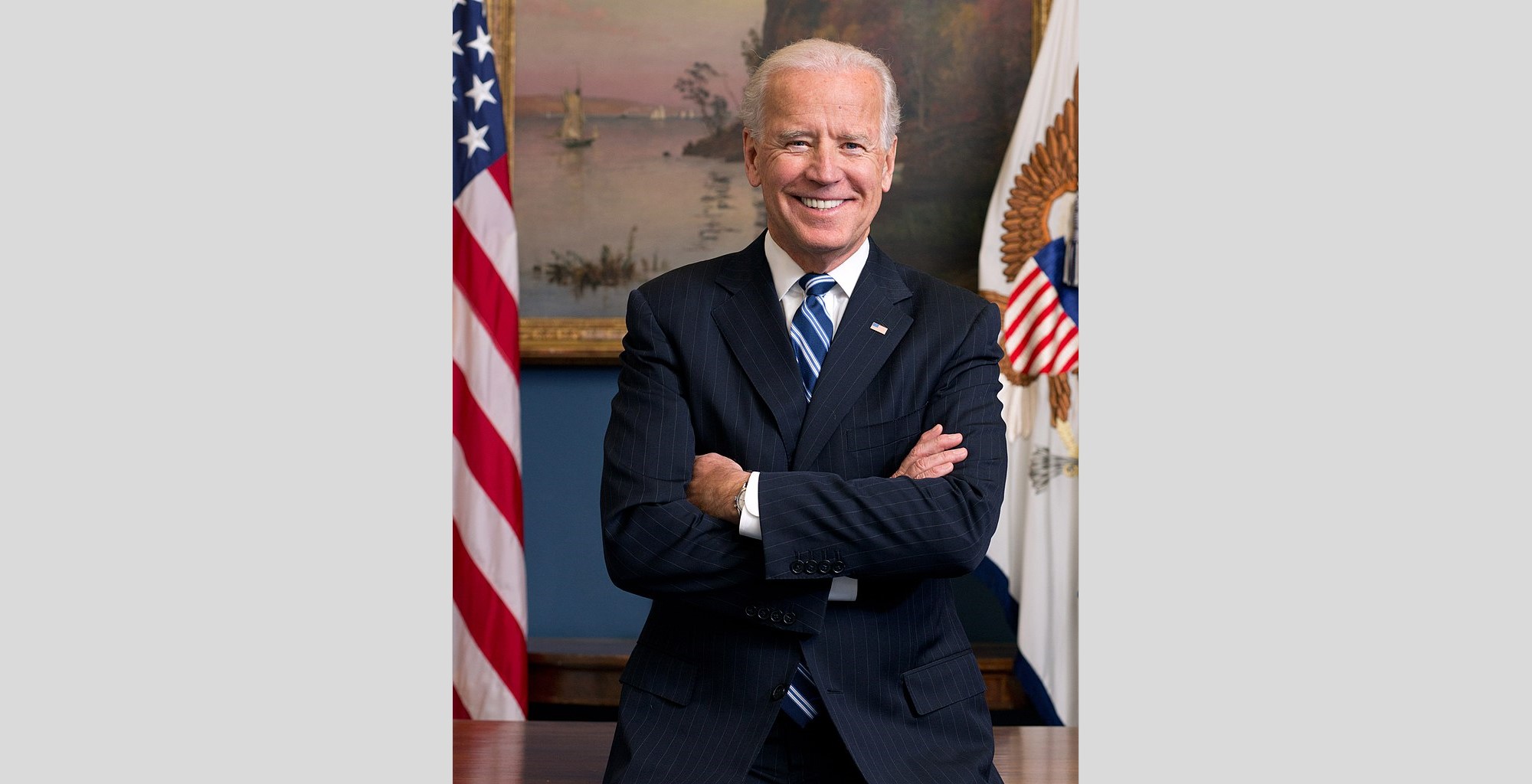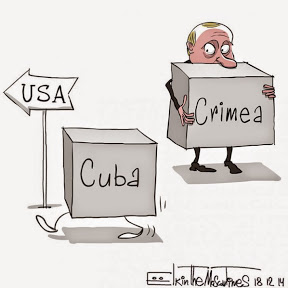Russian television which remains the main mobilizing force in that country nonetheless has changed fundamentally since Vladimir Putin began his broader invasion of Ukraine: programs are longer, hysterical commentaries more frequent and opponents of Kremlin policy no longer to be seen, Sergey Mitrofanov says.
The Moscow commentator says that television has become even more zombifying in its effect and that watching it doesn’t so much convince anyone not already convinced as affect those who aren’t with a powerful feeling that they should run into the forests to escape.
Related: Russian propaganda TV threatens to invade West, carry out nuclear strike
Over and over again, Moscow TV shows the Russian forces distributing bread to “impoverished, starving and unwashed people” who welcome them even as this force is “opposed by completely brutalized nationalists who have nothing to lose because the Russian authorities have promised them severe punishment.”

That explains, of course, “why the resistance increases rather than decreases,” although that doesn’t seem to be the intention of the television producers. Another problem of Russian television is its repetitiveness. Not only are the same themes but even the same pictures of the same places and same battles repeated again and again.
Moreover, all programs seem to be getting longer. There are several hours of 60 Minutes in the morning and several hours more of the same program in the evening. And the news gets longer compared to everything else. But even as the programs get longer, they contain less and less information and more and more emotion.
makes frequent appearances, regularly and repeatedly expressing regret that Western sanctions on Russia are hurting people in the West who now have to pay more for longer flights so as to go around Russia and invariably saying that everything is going according to plan.
Such films were made “before the Special Operation,” a provenance that suggests to anyone reflecting on them that exactly the reverse is true, Mitrofanov suggests. But reflection is not something the average Russian television viewer is given to; and the Kremlin clearly is counting on that.
Read More:
- Ukraine’s Muslim leaders united against Putin’s war; Russia’s very much divided
- Moscow Patriarchate moved into Africa to provide cover for FSB officers and PMCs, not to punish anyone over Ukraine, Horyevoy says
- 60% of Ukrainians believe Ukraine will defeat Russia in weeks, 80% contribute to defense: poll
- Russia escalates air strikes amid stuck land operation, Ukraine asks for air defense
- ‘We are not afraid and you must not be either,’ Ukrainian defense minister says
- Bombing hospitals and maternity wards in Ukraine: a brutal „innovation“ of Russian occupying forces
- Russian propaganda TV threatens to invade West, carry out nuclear strike
- Russians view war in Ukraine as defensive ‘holy struggle’ of ‘us against the world’ and back Putin, Russian sociologist says





